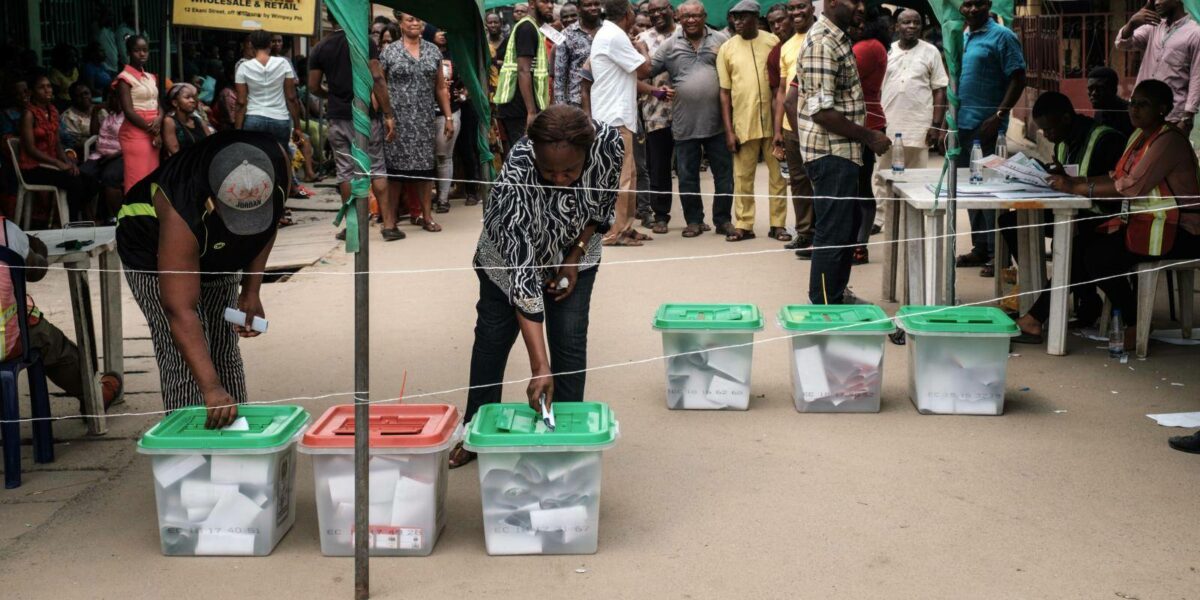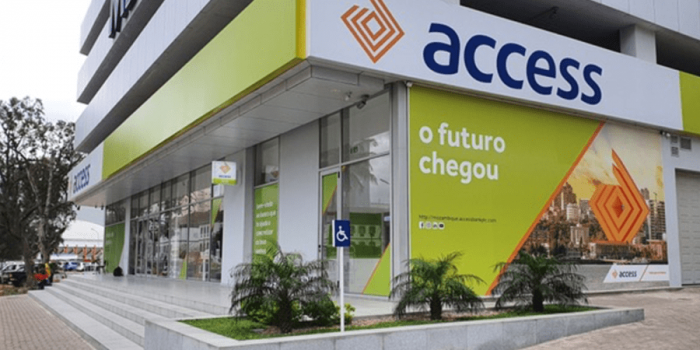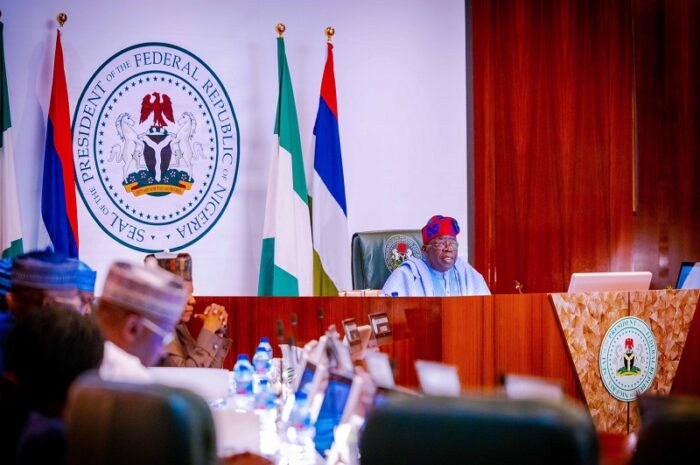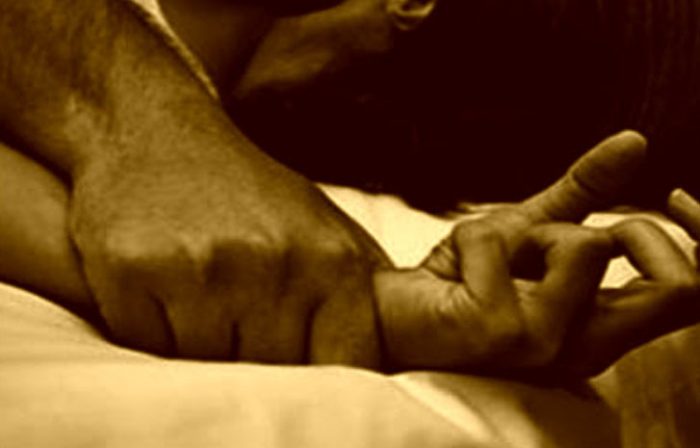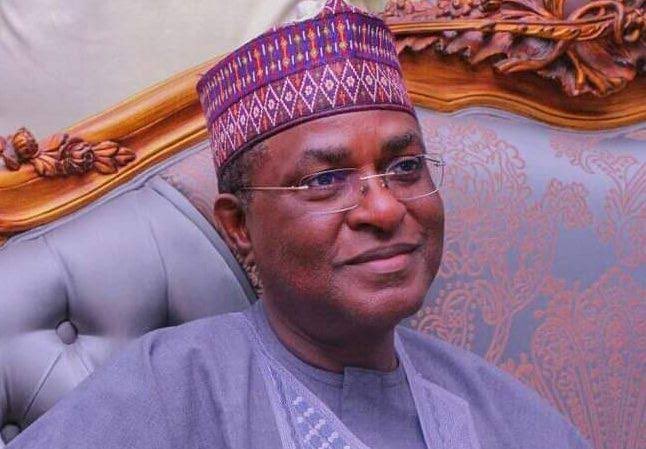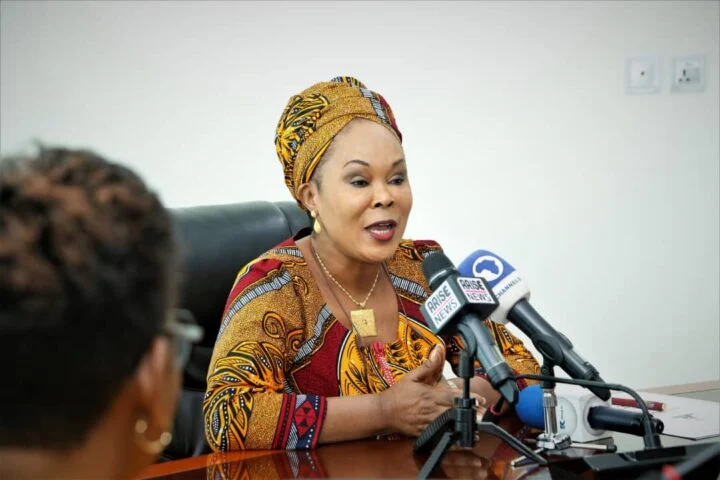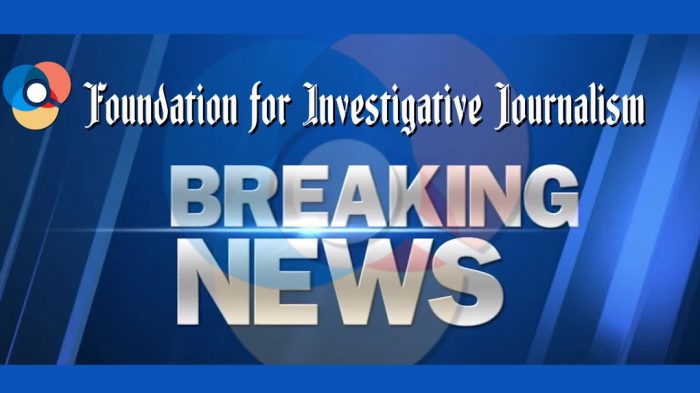In December 2022, Professor Mahmood Yakubu, the chairman of the Independent National Electoral Commission (INEC), Nigeria’s electoral body, presented to legislators an electoral budget of N305 billion ahead of the 2023 elections.
Yabuku told the lawmakers the money was needed to ensure a smooth electoral process.
“There are activities that must be concluded. If you are going to replace some of the critical facilities like ballot boxes and voting cubicles, these things must be done before the elections,” he told the Senate.
READ ALSO: DATA: Tinubu Got Fewer Votes Than Any President-Elect in Nigeria’s 4th Republic
“Printing of Permanent Voter Cards would have to be concluded before the elections and some of the critical election technology must be concluded and procured before the elections.”
With the latest introduction of the Bimodal Voter Accreditation System (BVAS), the cost of conducting elections in Nigeria has risen by 61.7 percent.
According to Election Network, a platform that monitors elections, Nigeria, since her return to democratic rule in 1999, has been the country with the most expensive elections in Africa.
The amount allocated for elections has increased steadily, from less than N2 billion in 1999 to hundreds of billions of naira in 2023.
In 1999, INEC presented a budget of N1.5 billion for an election in which 57,938,945 people were expected to vote.
READ ALSO: 24 Hours After Elections, 66% of South East’s Results Missing From INEC’s Portal
In 2011, N42 billion was earmarked for Nigeria’s general election, and 73,528,040 voters were expected to participate. The amount would cover the printing of ballot papers and registration of voters, among other needs.
In 2015, legislators assented to an electoral expenditure budget of N108.8 billion, while in 2019, the electoral budget increased to almost twice the amount, N242.2 billion.
Nigerians, however, worry that elections seem to become less credible as the cost rises. The 2023 presidential election, which was expected to be better than those before it because of the introduction of BVAS, has been described as the worst in the country’s history.
Subscribe
Be the first to receive special investigative reports and features in your inbox.


